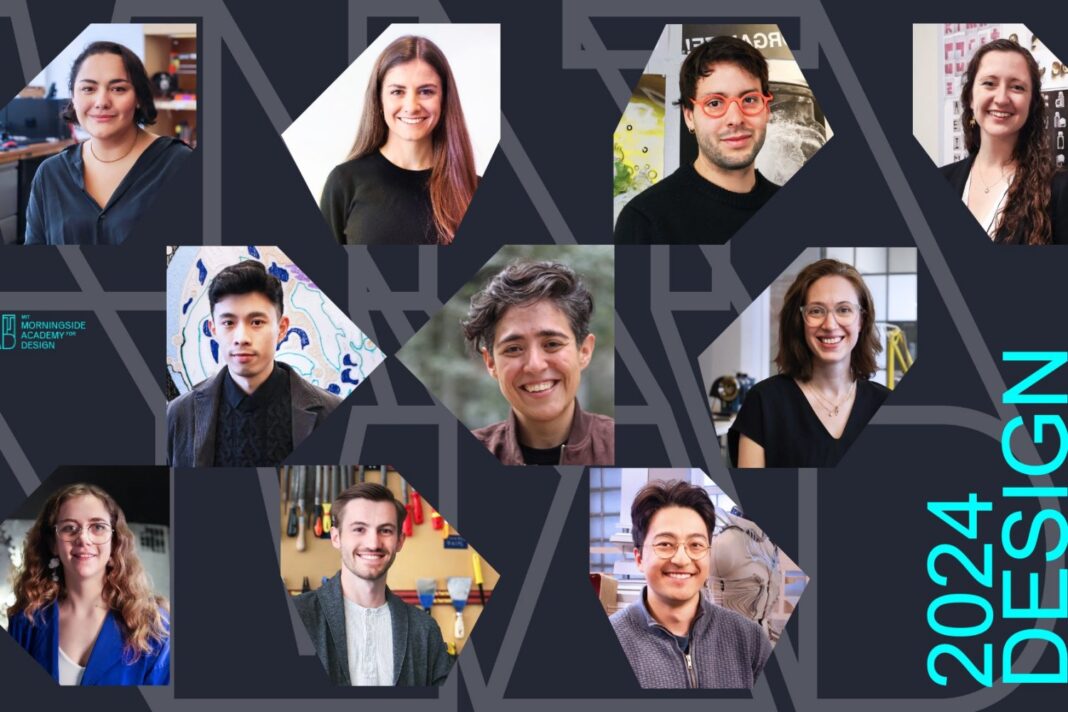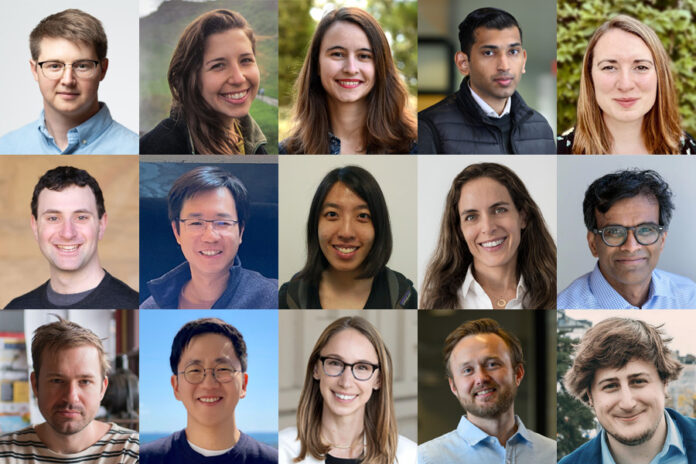In Short:
The MIT Morningside Academy for Design (MAD) announced its 2024 cohort of Design Fellows at the MIT Museum. Fellows like Sofia Chiappero, Clemence Couteau, Mateo Fernandez, and others are working on projects ranging from community development and technology to designing soft robots and exploring alternative construction materials. MAD supports MIT graduate students pursuing design research in various fields to create a community and find solutions to important global challenges.
The MIT Morningside Academy for Design (MAD) has been supporting MIT graduate students since its launch in 2022 with a fellowship to pursue design research and projects while fostering a sense of community. The fellows explore solutions in various fields like sustainability, health, architecture, urban planning, engineering, and social justice.
2024 Cohort of Design Fellows Announced
MAD recently announced the 2024 cohort of Design Fellows at the MIT Museum.
Sofia Chiappero, MCP student in the Department of Urban Studies and Planning and MITdesignX affiliate, focuses on addressing challenges faced by underserved communities in Latin America at risk of displacement by combining social science and digital inclusion. She aims to design a new approach to researching human interactions and replicating them in virtual settings to preserve the identity of these communities.
Clemence Couteau, MBA candidate in the MIT Sloan School of Management, is working on developing a digital solution to empower at-risk pregnant women and improve mental health outcomes by creating a self-directed therapy chatbot in a mobile app based on the “ROSE” protocol.
Mateo Fernandez, MArch student in the Department of Architecture, is exploring innovative alternatives to the current construction industry, such as growing buildings with biomaterials and utilizing advanced 3D printing technologies.
Charlotte Folinus, PhD candidate in the Department of Mechanical Engineering, is designing new methods for soft robots to interact gently in uncertain environments with long mechanical lifetimes.
Alexander Htet Kyaw, master’s student in the Department of Architecture and the Department of Electrical Engineering and Computer Science, is using robotic assembly, multimodal interaction, and generative AI to challenge conventional manufacturing practices by translating design intent into tangible objects through robotic assembly.
Dení López, PhD candidate in the Department of Urban Studies and Planning, is evaluating and extending the scope of Bicheeche Diidxa’, a Participatory Action Research initiative for disaster resilience in five Zapotec communities in Oaxaca, Mexico.
Caitlin Morris, PhD candidate in media arts and sciences, is researching multi-sensory influences on cognition and learning to bridge digital interfaces with community-centered teaching practices.
Maxine Perroni-Scharf, PhD candidate in the Department of Electrical Engineering and Computer Science, is developing techniques for extremal metamaterials — 3D printed materials with unique properties — for applications like battery design and accessibility.
Lyle Regenwetter, PhD candidate in the Department of Mechanical Engineering, is incorporating design requirements into the training process of generative AI models.
Zane Schemmer, PhD candidate in the Department of Civil and Environmental Engineering, aims to minimize the carbon footprint of structures by designing efficient buildings that use local materials.





